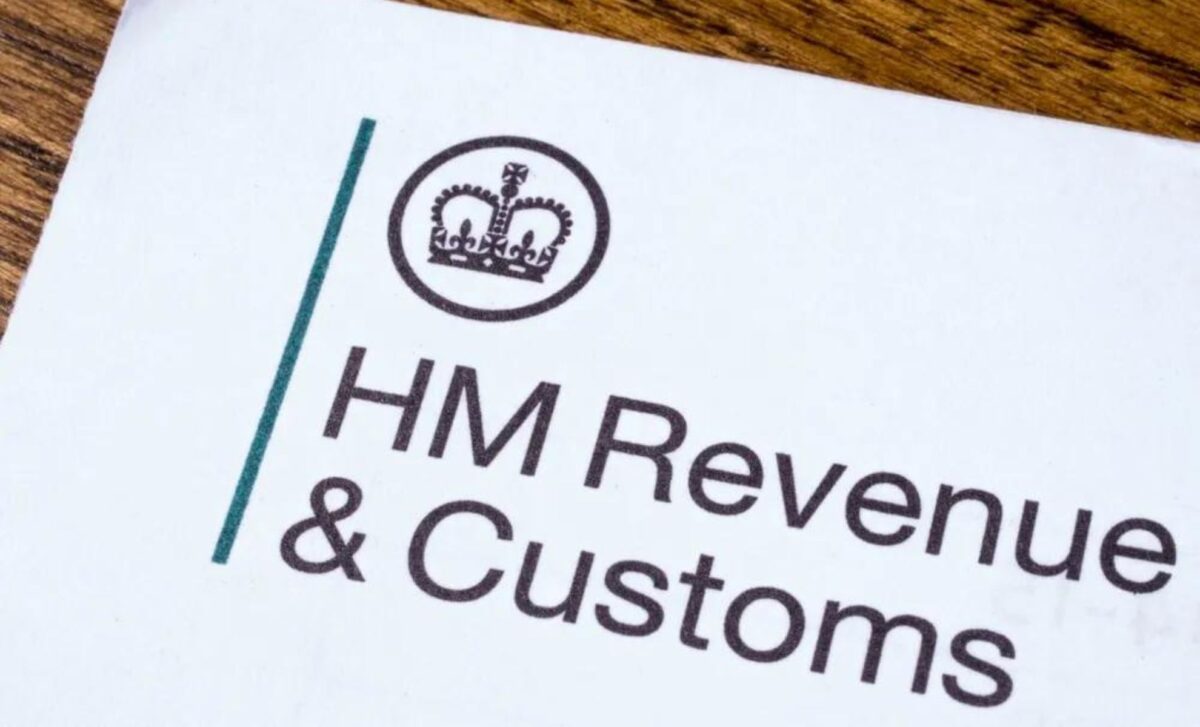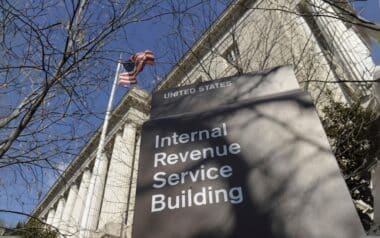Nearly 4.5 individuals are being warned they could face a one-month deadline to submit their tax payments. Self-employed workers have only a few weeks to get their taxes in order.
Understanding HMRC’s Self-employed Tax Payments
Twice a year, HM Revenue and Customs (HMRC) asks self-employed individuals to make payments towards their future tax bill. The first payment occurred on January 31, 2024, while the second expected on July 31.
The payments are typically calculated according to the self-employed worker’s previous yearly tax bill, with the sum being nearly half of that. However, newly self-employed individuals may notice a higher tax bill as they will be spending more money to cover for last year’s bill and the second half of this year’s
In order to help people comprehend their payment, the HMRC provides a clear example. It says: “Your bill for the 2022 to 2023 tax year is £3,000. You made 2 payments of £900 each (£1,800 in total) on account towards this bill in 2023.
“Your bill for the 2022 to 2023 tax year is £3,000. You made 2 payments of £900 each (£1,800 in total) on account towards this bill in 2023. The total tax to pay by midnight on 31 January 2024 is £2,700. This includes:
- your ‘balancing payment’ of £1,200 for the 2022 to 2023 tax year (£3,000 minus £1,800)
- the first payment on account of £1,500 (half your 2022 to 2023 tax bill) towards your 2023 to 2024 tax bill
“You then make a second payment on account of £1,500 on 31 July 2024. If your tax bill for the 2023 to 2024 tax year is more than £3,000 (the total of your 2 payments on account), you’ll need to make a ‘balancing payment’ by 31 January 2025.”
Who Is Required to Make a Payment on Their Account?
Not every self-employed worker is required to make payments on his/her account. HMRC will request a payment from you only if your last self-assessment tax bill exceeded £1,000, and you haven’t already settled more than 80% of the tax you owe.
HMRC should reach out to you to make the payment on your account, however, if you’re doubtful you should get in touch with them and request an account review to make sure everything is arranged correctly. You can make payments on your account online.
Moreover, you may qualify for a reduction on your payment, but you will have to ask HMRC to decrease it yourself. This could be because your businesses’ profits have declined, your income revenue has decreased, or that your tax allowances have surged.
It’s essential that you provide the correct payment on your account, as paying less could result in you being charged interest by HMRC eventually. Alternatively, if you pay more than required, HMRC will return the money.









